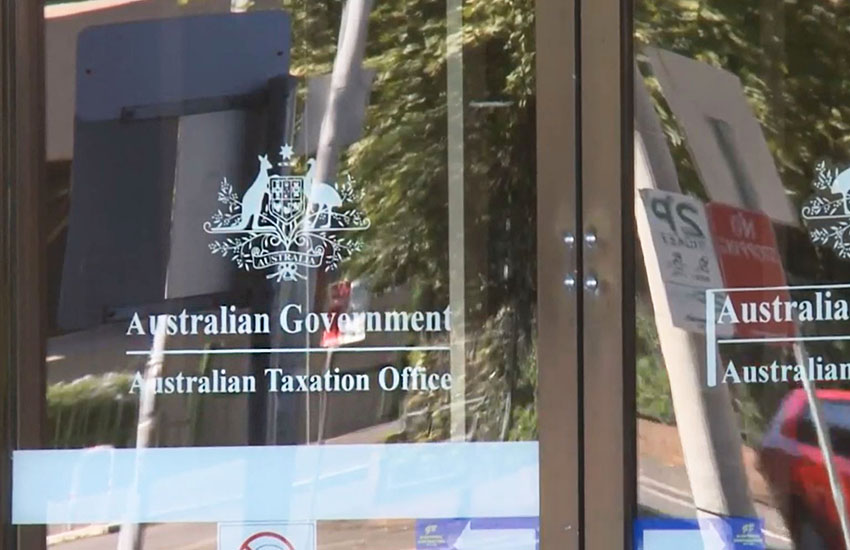The ATO was able to mount just 198 successful summary prosecutions during the 2020-21 financial year, according to newly released tax crime prosecution results released this week, down from 641 the year before, and 1,152 for FY18-19.
The Tax Office said the 198 summary prosecutions – which cover menial offences spanning failure to lodge returns, making false statements, and failing to respond to questions or attend an interview – resulted in 192 criminal convictions.
You’re out of free articles for this month
The 198 prosecutions also secured reparation orders to the tune of $56,400 and fines of $1.65 million.
The ATO said figures are lower for FY21 than they have been in previous years due to their “shift in focus towards maintaining integrity of the government’s stimulus measures”, and “health guidelines that affected investigation and court proceedings.”
The ATO’s prosecution results showed that prosecutions for more serious tax-related crime were down on levels recorded last year, though only marginally.
In the FY21, the ATO prosecuted 20 cases, all of which resulted in convictions. The 20 cases dished out 12 custodial sentences and $56,000 in fines.
By comparison, FY19-20 saw 30 cases prosecuted with 26 convictions and $1.63 million in reparation orders, while FY18-19 saw 41 cases prosecuted with 38 convictions and $8.14 million in reparation orders, along with $34,583 in fines.
The Tax Office signalled that even though fewer serious tax crime cases and convictions were mounted following ATO investigations, the past year saw significant takedowns.
Among them was the conviction of NSW tax practitioner, Konstantino Koufos, who in late March was sentenced to an 18-month community corrections order for SMSF auditor number (SAN) misuse.
Mr Koufos was found to have lodged 30 annual SMSF returns on behalf of 13 clients by using details of an approved SMSF auditor despite no audit being carried out.
More recently, the ATO’s prosecutions saw Melbourne accountant, David Brandi, face a Melbourne County Court in late July, where he was sentenced to two years in jail but was released immediately on a $5,000 good-behaviour bond for fraudulently obtaining more than $135,000 in GST refunds.
Between January and March 2010, Mr Brandi falsified business activity statements prepared on behalf of a property development company by including extra invoice amounts attributed to construction costs, which dishonestly inflated the GST refund claims.
At the time, ATO assistant commissioner Ian Read said Mr Brandi’s behaviour was particularly disappointing given the trusted position he held.
“Tax and BAS agents play a vital role in contributing to and protecting the integrity of the Australian tax and super systems, and while the majority of registered agents do the right thing, unfortunately, there are some agents who take advantage of their trusted position for financial benefit,” Mr Read said.
“Our focus is on supporting those who are doing the right thing. We take a firm stance against those whose actions damage the integrity of the tax system, including against members of the tax profession engaging in this type of behaviour.
“Mr Brandi’s actions show a complete disregard for not only the law, but also his clients’ trust. Tax fraud is not a victimless crime – those who engage in this criminal behaviour are obtaining an unfair advantage over those who do the right thing.”
John Buckley
AUTHOR
John Buckley is a journalist at Accountants Daily.
Before joining the team in 2021, John worked at The Sydney Morning Herald. His reporting has featured in a range of outlets including The Washington Post, The Age, and The Saturday Paper.
Email John at This email address is being protected from spambots. You need JavaScript enabled to view it.

 Login
Login







